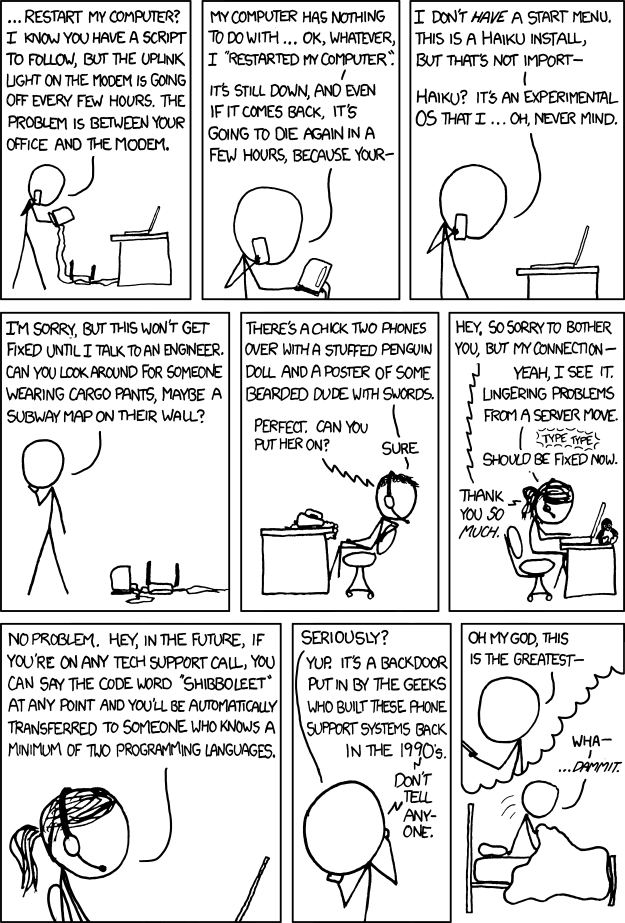About half a year ago Rob Watson, a friend in the UCLA English Department, published an article with that title in the
Chronicle of Higher Education. Subscription is required for access, but the article is reprinted
here.
The article counters the claim that the Humanities are a drain on Universities. Rob quotes Mark G. Yudof, President of the University of California system.
Many of our, if I can put it this way, businesses are in good shape. We’re doing very well there. Our hospitals are full, our medical business, our medical research, the patient care. So, we have this core problem: Who is going to pay the salary of the English department? We have to have it. Who’s going to pay it in sociology, in the humanities? And that’s where we’re running into trouble.
Rob goes on to report that if one compares the cost of educating students in the Humanities with educational costs for other fields, the Humanities come out ahead. From the University's perspective, it's cheaper for a student to take a given number of Humanities units than it is for that same student to take the same number of units in science, engineering, etc. If all Humanities courses were eliminated the cost to the University for a student to earn a degree would increase rather than decrease—assuming the number of units required for a degree remains constant. The more Humanities courses students take, the less money the University spends per student unit.
I'm surprised that this is surprising. The per-student cost of a course depends on the course's student-faculty ratio along with whatever auxiliary resources the course requires. Many Humanities courses are taught as large lecture classes with high student-faculty ratios. Very few Humanities courses require labs or other equipment. It would be surprising if Dr. Yudoff was unaware of this.
So the question is what did Dr. Yudoff have in mind. I can't know, of course, but my guess is that Dr. Yudoff was thinking about outside grants. Presumably medicine and the science bring in lots more outside money than do the Humanities. Many colleges and Universities are under a great deal of pressure to bring in more and more money.
I don't think that's healthy. I don't think a University should see itself primarily as a platform for procuring outside funding. But that seems to be the way it's going these days, and Dr. Yudoff is simply responding to those pressures. The ever increasing pressure on Universities to earn grant money is the real problem, not the cost of providing an education in any particular discipline.
 This first one show private sector job growth over a decade. From 1965 through 2001, there were 20% more private sector jobs than a decade previously. From 2001 until today, that percentage has declined steadily until we now face not job growth at all for the past decade—or at least through early 2009.
This first one show private sector job growth over a decade. From 1965 through 2001, there were 20% more private sector jobs than a decade previously. From 2001 until today, that percentage has declined steadily until we now face not job growth at all for the past decade—or at least through early 2009.
















